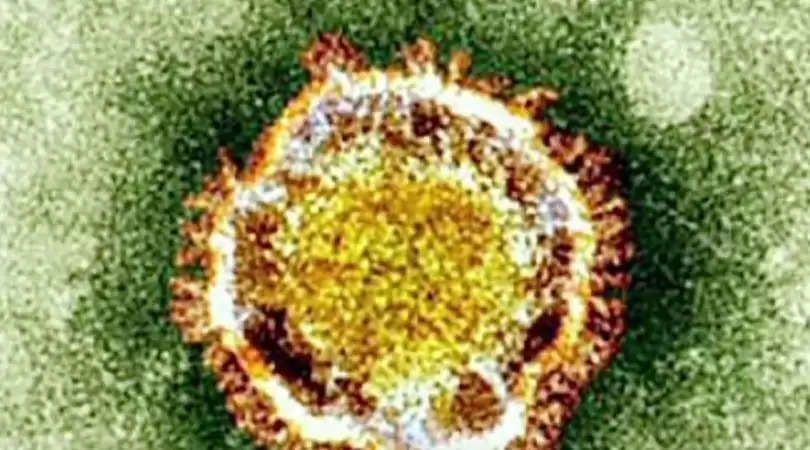What is Coronavirus? Is it life-threatening? Here’s all you need to know

HEALTH | JAN 20, 2020:
Coronaviruses are types of viruses that typically affect the respiratory tract of mammals, including humans. They are associated with the common cold, pneumonia, and severe acute respiratory syndrome (SARS) and can also affect the gut.
A coronavirus was first isolated in 1937 from an infectious bronchitis virus in birds that has the ability to seriously devastate poultry stocks. These viruses are responsible for between 15 and 30 percent of common colds.
Over the last 70 years, scientists have found that coronaviruses can infect mice, rats, dogs, cats, turkeys, horses, pigs, and cattle.
There are currently six recognized types of coronavirus that can infect humans.
Common types include:
#229E (alpha coronavirus)
#NL63 (alpha coronavirus)
#OC43 (beta coronavirus)
#HKU1 (beta coronavirus)
Rarer, more dangerous types include MERS-CoV, which causes Middle East Respiratory Syndrome (MERS), and severe acute respiratory syndrome (SARS-CoV), the coronavirus responsible for SARS.
ALSO READ: Assam, Arunachal Pradesh, Meghalaya, Mizoram & Nagaland gear up for good rains
What is Coronavirus?
Human coronaviruses (HCoV) were first identified in the 1960s in the noses of patients with the common cold. Two human coronaviruses are responsible for a large proportion of common colds OC43 and 229E.
Coronaviruses were given their name based on the crown-like projections on their surfaces. "Corona" in Latin means "halo" or "crown."
Among humans, infection most often occurs during the winter months as well as early spring. It is not uncommon for a person to become ill with a cold that is caused by a coronavirus and then catch it again about four months later.
This is because coronavirus antibodies do not last for a very long time. Also, the antibodies for one strain of coronavirus may be useless against other strains.
What are the symptoms of Coronavirus?
Cold- or flu-like symptoms usually set in from two to four days after coronavirus infection, and they are typically mild.
Symptoms include:sneezing, a runny nose, fatigue, cough in rare cases, fever, sore throat and exacerbated asthma.
Transmission
Coronaviruses can spread in the following ways:
#Coughing and sneezing without covering the mouth can disperse droplets into the air, spreading the virus.
#Touching or shaking hands with a person that has the virus can pass the virus from one person to another.
#Making contact with a surface or object that has the virus and then touching your nose, eyes, or mouth.
#On rare occasions, a coronavirus may spread through contact with feces.
There is no cure, so treatments include taking care of yourself and over-the-counter (OTC) medication:
#Rest and avoid overexertion.
#Drink enough water.
#Avoid smoking and smoky areas.
#Take acetaminophen, ibuprofen or naproxen to reduce pain and fever.
#Use a clean humidifier or cool mist vaporizer.
#The virus responsible can be diagnosed by taking a sample of respiratory fluids, such as mucus from the nose, or blood.
Source: Mednewstoday

















